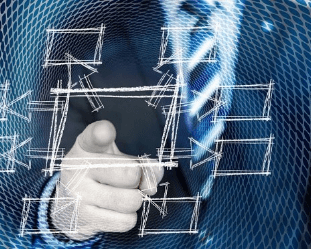Electronic Contracts Dispense Witness Signatures for Extrajudicial Executive Titles
Last Thursday (July 13), Law No. 14.620/2023 was approved, which, in addition to establishing the new “My House, My Life,” a federal housing program in Brazil, included a paragraph in Article 784 of the Civil Procedure Code (“CPC” – Law No. 13.105/15).
Article 784 of the CPC provides an exhaustive list of documents considered as extrajudicial executive titles. Among them is the “private document signed by the debtor and two witnesses.”
With the advent of electronic signatures, the discussion arose about the need for the two witnesses to sign the document or contract for it to be an extrajudicial executive title.
In 2018, the Third Chamber of the Superior Court of Justice ruled, by majority, that it is possible to proceed with the execution of a contract signed electronically and with a digital signature, as this method dispenses, due to its high security, with the signatures of the witnesses provided for in Article 784, III of the Civil Procedure Code.
If there was any doubt about this matter, Article 34 of Law No. 14.620/2023 has resolved it. Through this provision, §4 was included in Article 784 of the CPC, stating: “In executive titles constituted or certified electronically, any form of electronic signature provided for by law is allowed, and the signature of witnesses is not required when their integrity is verified by a signature provider.”
Thus, if the signature provider has tools capable of verifying the integrity of the signatures of the parties signing a document, the witnesses’ signatures are dispensed with for the configuration of an extrajudicial executive title.
According to pronouncements from the São Paulo State Court of Justice, an electronic document will be intact if its inviolability can be verified, meaning it can be demonstrated that it has not been altered after being agreed upon and signed.
Given this, despite being included in the law without a direct connection to the subject, it seems that this inclusion represents progress in light of technological transformations and the needs of the contemporary world, bringing greater legal certainty to business transactions conducted electronically.



